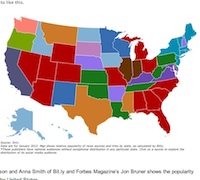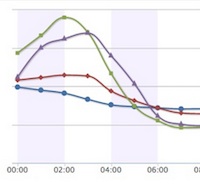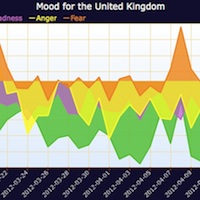
It’s Time to Rethink Pink, Says Anti-Gender Stereotyping Campaign
Two British mothers have joined forces to protest what they see as increasing gender stereotyping among manufacturers and retailers who target children. Emma and Abi Moore, twin sisters who have two children each, began their anti-stereotyping campaign, Pinkstinks, four years ago.








